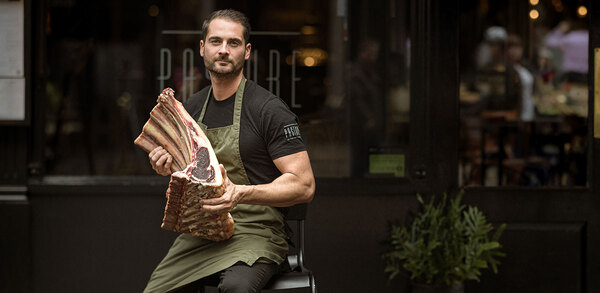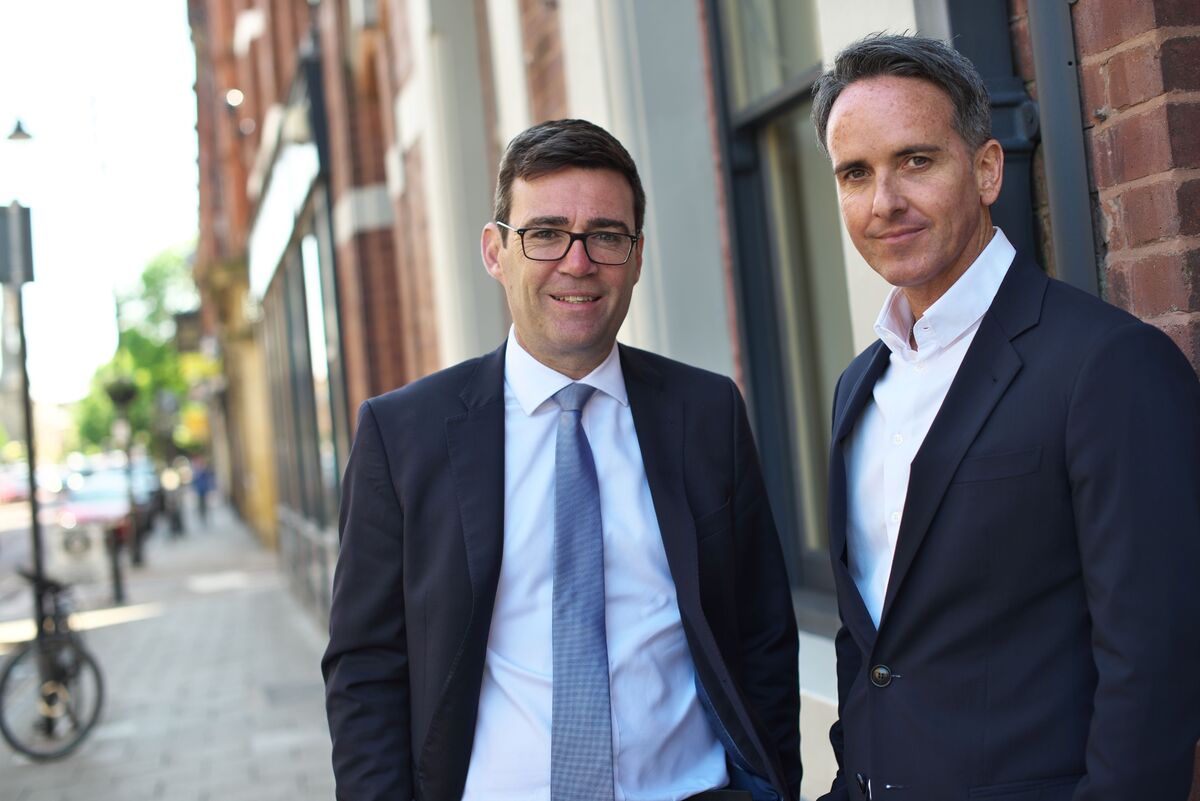'Technology can be transformational': Big Fang sets up for growth
Implementing new technology can be a minefield. Hannah Swarbrick-Done of experiential venue operator Big Fang Collective speaks about the importance of selecting the right platforms at the right time.
Implementing new technology can be a minefield. Hannah Swarbrick-Done of experiential venue operator Big Fang Collective speaks to Emma Lake about the importance of selecting the right platforms at the right time.
For Hannah Swarbrick-Done, head of people at Big Fang Collective, technology should be an enabler. It should streamline processes and provide solutions that will allow employees to focus on delivering a great experience for guests. Swarbrick-Done has led the expanding business on a big tech journey in the past 12 months.
She says: “The biggest thing for me is to get the business set up for growth. To get people online and ensure we can be as efficient as possible so that our teams are able to be at the front, adding value for guests and for their teams.”
Big Fang Collective was founded in 2016. Its first site saw founders Danny Bolger and Kip Piper transform an industrial building on the edge of Liverpool city centre into an adult, urban golf course and bar. The business has since grown to six sites across Liverpool, Birmingham, Newcastle, Glasgow, Sheffield and Cardiff. In 2022 the business secured £5m investment from Imbiba to support its further expansion.
In preparing the business for future expansion Swarbrick-Done is looking at four key areas. The first is efficiencies, looking at ways to streamline processes to empower individuals. Her next step is to overhaul systems to stop crossover and improve reporting, as well as data accessibility. After that it will be to look at the business’s reward and recognition programme and team culture.
This year the business will launch new communications platform Blink. In choosing the right system for the business, Swarbrick-Done looked outside traditional hospitality providers to find a platform that could meet the needs of an expanding business that operates across multiple cities.
She says: “Typically I think hospitality can be quite late to the game with technology, so I looked at other industries like logistics and transport. A lot of hospitality professionals think that if a provider doesn’t understand our industry, they will be difficult to work with. But I think that as long as they’re used to working across remote teams it can happen.
“The platform will be a digital gateway providing access to everything our teams need online. It will drive people to the right areas and prevent duplication. It’s a fantastic change management tool and obviously an engagement opportunity to bring our teams together and really underpin what it means to be a Big Fang employee.”
Swarbrick-Done says that when looking for a technology solution it’s crucial to understand exactly what your business needs. Accordingly, she spent her first month with Big Fang Collective assessing and understanding the requirements of the business.
She explains: “Technology has developed so much in the past couple of years, and we’re almost inundated by developments. It can be so easy to get lost in the noise of the new.
“But the reality is you need to understand your business and what it needs from technology. You need to ensure your teams can interact with it and use it to deliver what it needs to deliver. Artificial intelligence [AI] is a big one: everyone thinks they need to start using AI but if you’re not ready for it, it’s not going to be beneficial.
“It’s about cutting through that noise and understanding what your business needs and what it’s capable of now.”
Swarbrick-Done says operators should also feel comfortable using different providers across their portfolio of systems, highlighting the benefits of ensuring every platform meets the specific needs of that area of the business. She adds that as long as systems have an open API or application programming interface, they can be integrated to communicate.
Before onboarding a system, she says it’s essential to have buy-in from senior leadership teams and a solid communications plan. She adds: “There’s no point implementing a new system if the senior leadership team don’t understand the benefits it will bring, why you’re doing it and what they need to do, because they’re going to be integral to the delivery.
“Then it’s a lot of repetition. You need to be really consistent with your messaging and how you update everyone. You need to collaborate as early as possible and make sure people feel it has their fingerprints all over it. Then they will feel proud and want to be behind it. That needs to be done before you even go live.”
Technology can be transformational, improving a business’s bottom lines, the workplace environment for teams and the guest experience. But it also creates uncertainties, particularly a fear that some roles could be made redundant.
Swarbrick-Done believes that concerns in this area are unfounded. She says: “Hospitality is a people business and everyone is concerned about impacting guest experience. From my perspective, technology is a massive opportunity to be more efficient and give teams more time back to do the things they’re actually paid to do.”
Understanding your people
When it comes to introducing new policies Swarbrick-Done says it’s crucial to understand your employees and their motivations.
She explains: “The workforce has changed. They want tailer-made experiences, so you can’t pursue one-size-fits-all solutions.
“You need to juggle people’s expectations and motivations. That also applies to the technology you implement; you need to understand that engagement will differ depending on their motivations.”
Swarbrick-Done says that taking the time to understand your employees can benefit both parties.
She adds: “One of my first tasks was to improve the data we have access to and ensure we weren’t just making assumptions with that data. There’s an opportunity to really listen to your teams and have those honest, upfront conversations.”
For example, she says that understanding which staff are interested in progressing their careers within the business can help you manage performance and drive learning and development opportunities. Such understanding can also help the creation of meaningful rewards and recognition policies.
Swarbrick-Done adds: “The role of an employer is really expanding to be more of a support system and provider. “Having that understanding of what will actually improve their lives allows you to do something that is really meaningful.”
Swarbrick-Done will speak at The Caterer’s People Summit, which will be held in London on 9 May. To register for your ticket, click here.




















